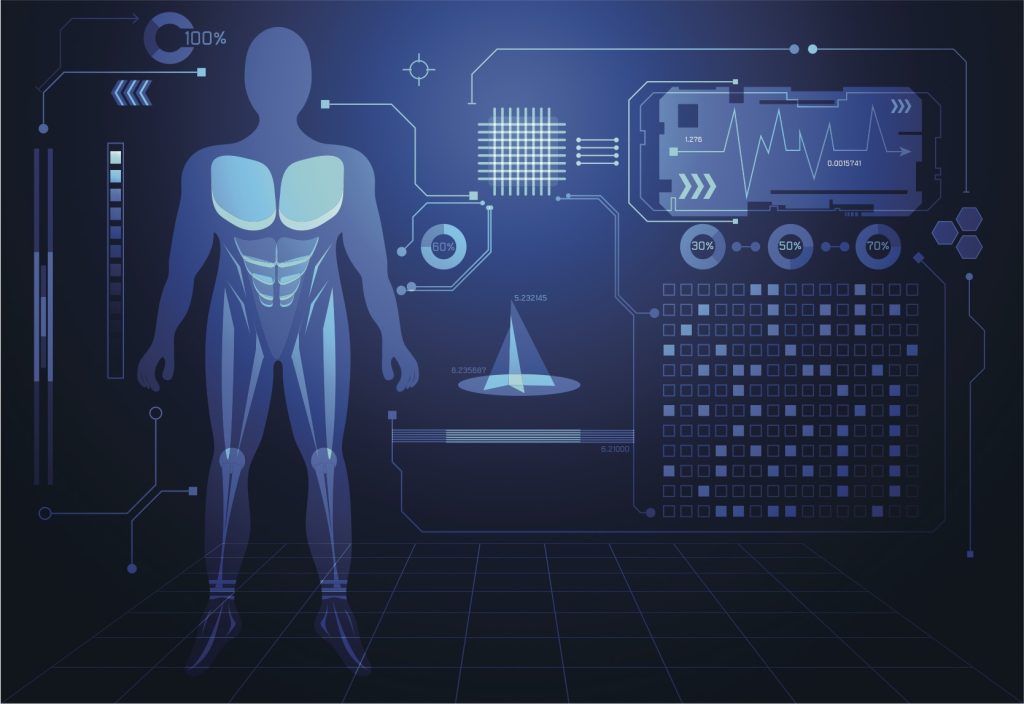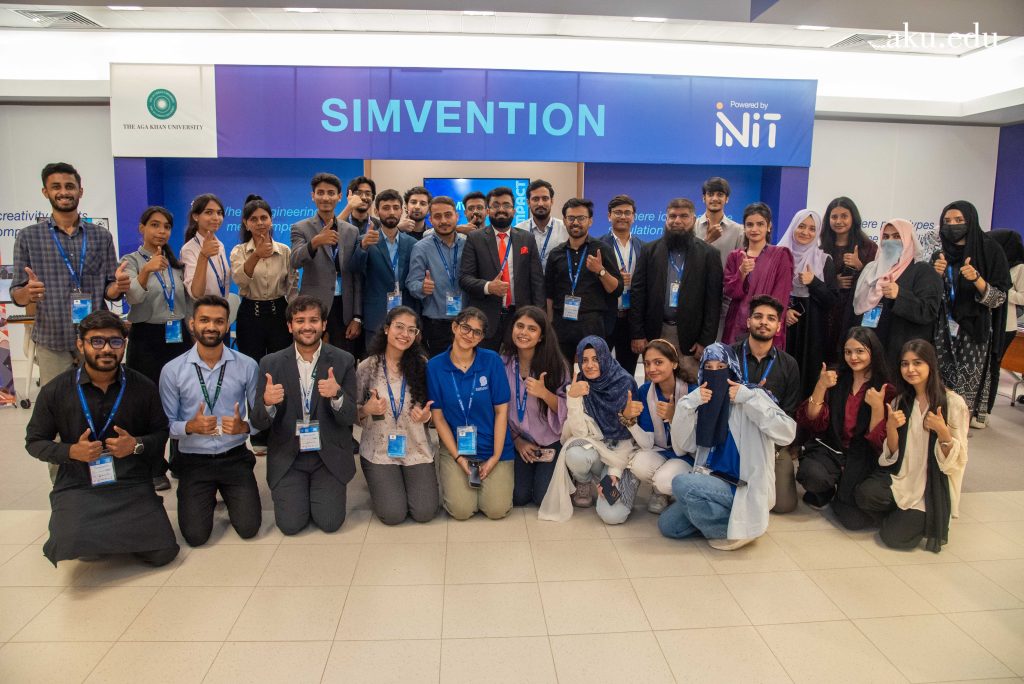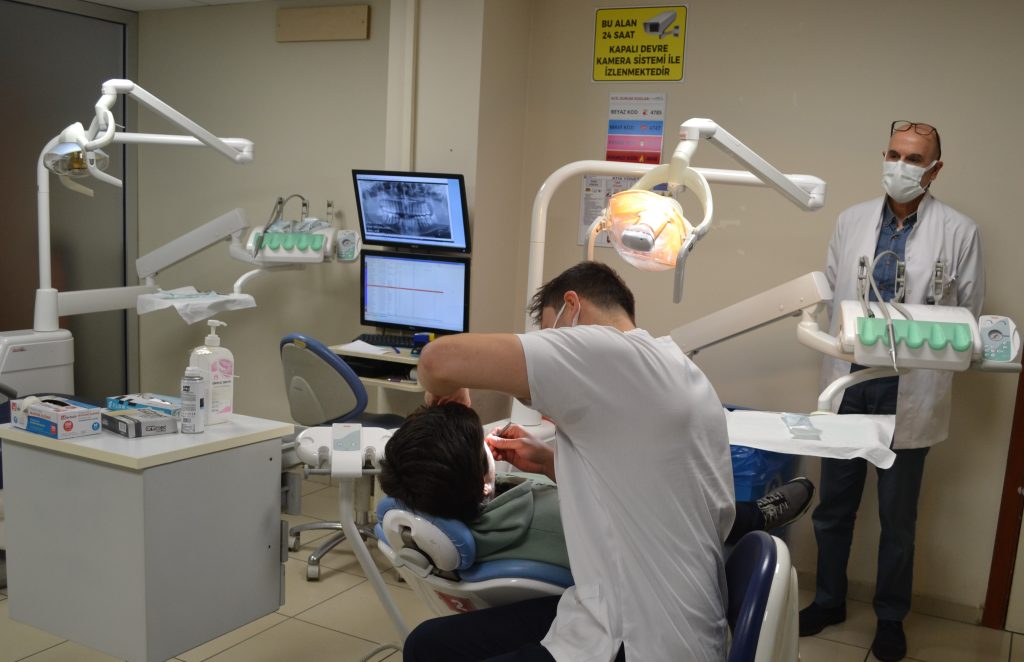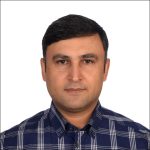Established in 2002, SIRMED is today one of the largest and most active simulation centres in Switzerland using simulation for first aid training up to organisational development and quality management purposes
The Swiss Institute of Emergency Medicine (SIRMED) is a nationwide operating educational institution on education and training in the field of emergency medicine. In the department of the Higher Professional School paramedics are trained according to the national curriculum. The department of Continuous Medical Education comprises educational programs for professionals in the entire field of emergency medicine. Beside others, these include internationally recognised course formats of the American Heart Association, the European Resuscitation Council and the National Association of Emergency Medical Technicians. The First Aid department offers a variety of courses for first aiders. The Service & Operations department ensures smooth course administration and is responsible for marketing and quality management.

SIRMED was founded in 2002 as a subsidiary of the Swiss Paraplegic Foundation (SPF) and is located in Nottwil, a village near Lucerne in central Switzerland. In 2019, the Swiss Air-Rescue Rega took the co-ownership of SIRMED. To date a total of 40 permanent staff and almost 300 freelancers are helping to fulfil the mission. The first paramedic class started in 2003, after which SIRMED developed into one of the largest providers of emergency medical courses in Switzerland, with well over 10,000 participants per year. In 2014, the first EuSim Simulation Instructor Course was taught in German language at SIRMED. Since 2017, SIRMED has been part of the EuSim Group and, together with the Bern Simulation and CPR Centre, hosts instructor courses of all kinds. In 2018, new facilities dedicated to simulation have been opened and they have already been expanded this year. Also, in 2018 SIRMED was among the first simulation centres accredited by the Society for Simulation in Europe (SESAM). Since 2021, SIRMED has been an educational partner of the University of Lucerne and contributes to the emergency medicine training of medical students.

We see simulation first and foremost as a learning methodology that is well suited for emergency medical education and training. Nevertheless, its use is deliberately planned in accordance with the content to be covered and the learning objectives. We roughly distinguish between the categories of skills, scenario and team training, to which the type of simulation is dedicated. In concrete terms, the question here is to what extent the work environment, the equipment or the individual perception of the work situation must be recreated in order to achieve the best possible learning. In our understanding simulation-based training necessarily includes a structured debriefing. Therefore, all instructors who are doing high fidelity simulation training received special training in simulation and debriefing. As a minimum requirement, we consider the Level 1 Simulation Instructor Course of the EuSim Group (or equivalents). To ensure quality in debriefing, regular formative debriefing assessments are carried out using the Objective Structured Assessment of Debriefing (OSAD) tool.

The First Aid department offers teamwork-oriented simulation training for all kinds of first responders. The syllabus for Paramedic training at SIRMED contains at least ten days of simulation-based education during their three-year lasting training program. These days explicitly focusing on patient safety, non-technical skills and interdisciplinary collaboration. Simulated patients are frequently used and their feedback on appearance and behaviour contributes to patient-oriented training. In the branch of Continuous Medical Education, teamwork-oriented simulation training is individually tailored to the needs of ambulance services, emergency and intensive care units as well as anaesthesia departments.

All trainings take place either in our own simulation facilities or on site (in-situ). Our simulation centre comprises a total of five high-fidelity simulation workplaces where simulations with audio-visual debriefing are possible. The workplaces present themselves as an outdoor area, an ambulance, an emergency room, an intensive care unit as well as an operating theatre. In addition, more than 50 simulation workplaces of different characters are defined on the surrounding grounds. Our mobile simulation equipment allows us to conduct in-situ high-fidelity simulation training.
For some time now, we have also been using simulation for organisational development and quality management purposes. Here we are conducting system tests and process improvement workshops.
READ ALSO














































